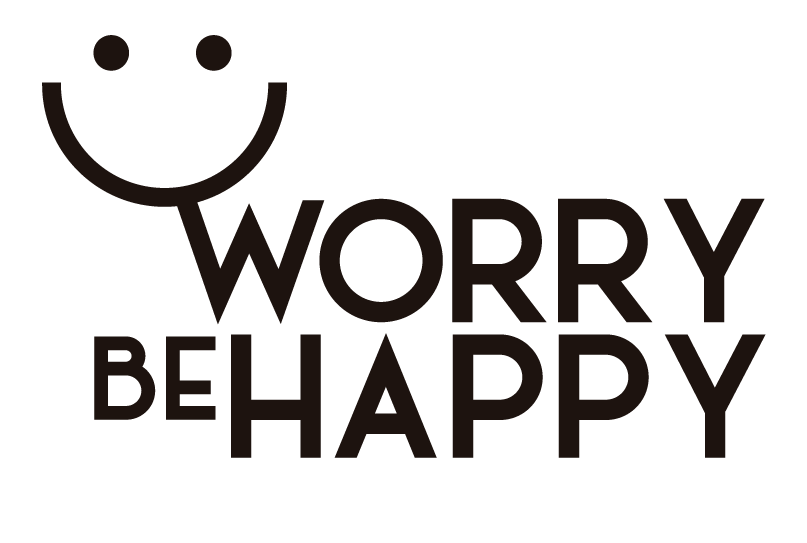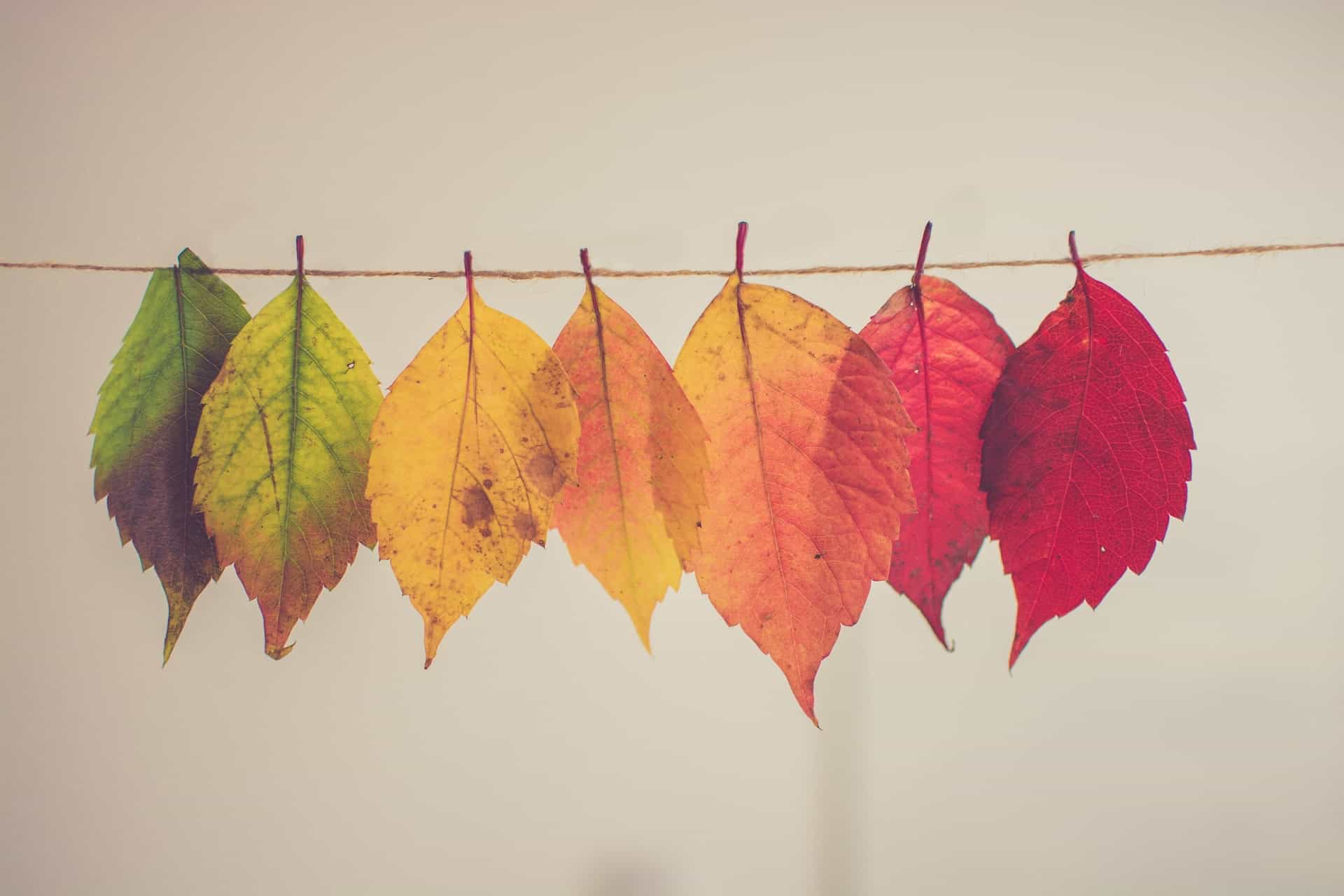What is “homeostasis”?
To make it simple and don’t waste your time, we can say that “homeostasis” is a natural, often subconscious, resistance to change.
As you can see, that’s something every human being tends to do.
It’s easier to stay as we are or where we are than trying to move forward (or anywhere) to see and check if the destiny could be a better place or situation.
We try to avoid discomfort because, as animals, we try to extend that “lazy” and comfortable posture in which our consumption of energy goes to its lowest level (how smart our brain and body are!).
But, are we delighted with that situation? Most of us are.
When I was working in big consultancy companies, I participated in lots of projects that were mainly focused on “the change”:
- Improving processes,
- optimizing them,
- creating new ones,
- introducing new techniques,
- launching technological developments,
- …
There I found people who didn’t want to change. People who were used to their manual processes, those that “they have done their entire life, and why should they change it, if they have always worked”.
That’s “homeostasis” in the purest status.
People feel threatened. They don’t think they can achieve a better life, optimizing their time, being more comfortable doing their work. They are focused on “this will hurt me”, “I’m not going to be prepared”. That’s when fear appears.
Fear is the great brake on evolution.
When we are afraid, we get paralyzed when we do not move forward, when things start rotting.
That image of rot, of decay, is what comes to my head whenever I think not changing is better. It is such an unpleasant image that my mind and body try to avoid it, running away from it.
It’s an excellent technique whenever you’re tempted to procrastinate. You just see that image in your mind, and you quickly grab your sportswear and go to the gym to train, in case you were in doubt.
I would even go further. A friend of mine who loves to investigate the brain told me that if you use a video instead of a static image, the feeling is even more profound. So, just think about watching in your head the process of an apple rotting, take close-ups, view it in slow motion.
You see? You will try to escape from that horrible feeling.
But you’re not reading this article to have bad experiences. You’re reading it because:
- You’re interested in progress,
- becoming a better person,
- performing better in your daily life,
- and achieving your goals.
That’s why my recommendation is to always think about change. You have to enjoy the moment and relish it, but always focus your present actions on achieving the future goals you have defined.
It is changing when you look back and feel proud of what you were and what you are now.
One of my great references talking about personal development is Benjamin Hardy. I highly recommend his FREE “30-day future self program”. On it, you can read great quotes that will make you think about what you want to be and achieve in your life. Just think about this one:
“Anyone who isn’t embarrassed about who they were last year probably isn’t learning enough.” — Alain de Botton.
Or this other one:
“Human beings are works in progress that mistakenly think they are finished.” — Daniel Gilbert, Ph.D.
As Daniel Gilbert says, we need to be in a continuous development process to give meaning to our lives.
It’s progressing and learning new things, being a new version of us every year how we can find fulfillment, and a reason to wake up every morning. It is so, how we go to bed every night thinking we’re doing rational things that justify who we are.
It could sound awkward, but these weird things are the ones who made humanity to progress, having better lives.
From these lines, I’d just like to thank so much those guys who dedicated their entire lives to make ours much better than theirs: Fleming, Curie, Mandela, Luther King…
All these kinds of people prefer to move, dedicate hours of their lives, and tons of energy to look for a better position. They don’t always achieve it, but sometimes, they do. It’s not easy, but it’s what gives meaning to their lives.
That’s how societies and civilizations improve, how they get better, how evolution works.
And you? Which group do you belong to?
Photo at the top courtesy of Chris Lawton on Unsplash.

